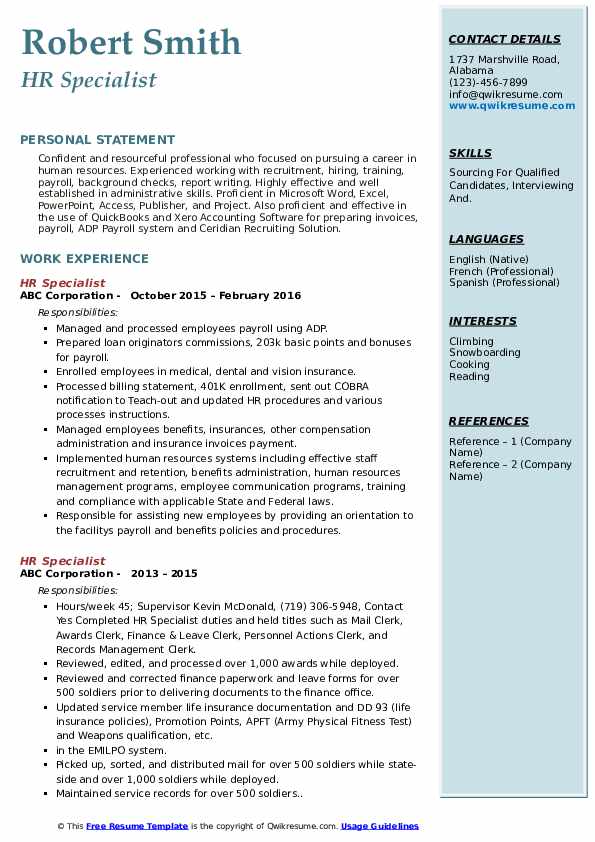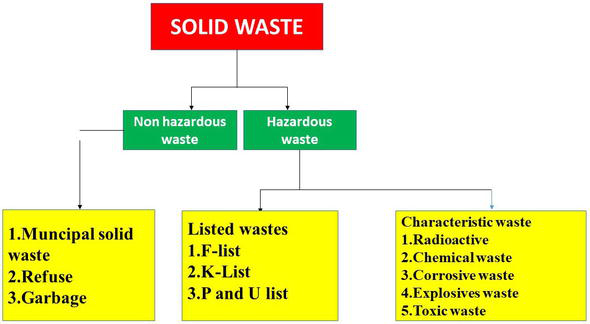
If you are interested in a career working in construction management, this is the right place. Read on to learn more about the job description, education requirements, and salary range for this career. Learn how to prepare and conduct a job interview. The next step is to prepare for the interview. The first step in becoming a construction manager is to determine the type of project you would like to undertake.
Job description
The job description of construction management must clearly outline the duties and responsibilities. These professionals are responsible to oversee construction projects and collaborate with architects, engineers, etc. to ensure that the project is on schedule and within budget. Some managers supervise multiple projects at once, ensuring that all aspects of the project are completed in a timely manner. Ultimately, their job will be to maximize the overall value of a project.
The key elements of a job description for construction management success include working hours, location and benefits. Remote work and travel are attractive options for potential managers. Highlight the unique advantages that make your job as a construction manager special. Last but not least, job descriptions that are compelling should end with a call-to-action, encouraging applicants to apply. They should be concise and clearly communicate the unique advantages and requirements of the job.

Education is required
If you are interested in a career of construction managers, you might have wondered what education you would need. Construction management is an elite service that uses advanced project management techniques in order to coordinate the design and construction phases. As a member of this team, you will be able to make sure that each step is executed correctly and to the client’s satisfaction.
While construction managers have a variety of entry points, a bachelor's degree in a related field is a must for most positions. A bachelor's degree in architecture or engineering is a great option for this job because it gives graduates a detailed understanding of how design works. LSU Online offers an LSU Online bachelor's degree in Construction Management. This program prepares you for entry-level jobs and further studies in the field. This program covers project control, design, methods, materials, cost estimation, building codes, standards, and code. The certification exam will also cover management and safety aspects.
Career outlook
As the economy continues to improve, the career outlook for construction managers is excellent. According to the Bureau of Labor Statistics over the next decade, construction managers will see an 8 percent increase in employment. The increase in construction management jobs will be due to a variety of factors including the growth of the population, new sustainability campaigns, and business growth. Construction will remain an integral part of the country's economy for the foreseeable. Norwich University, one of the few online colleges offering this degree, offers a Master's program to prepare you for this exciting field.
The growth of construction activity is a strong driver of the job outlook for construction managers. The Bureau of Labor Statistics projects a ten per cent increase in jobs between 2016-2020, which would be enough to fill many of the available positions. With a high retirement rate, many construction managers may find themselves with more opportunities than ever. In addition, the building technology is becoming more complex, and requires higher levels in oversight. This job is for people with advanced skills and education.

Salary
A job description in construction management outlines the technical and professional aspects. These professionals are responsible for overseeing construction and the design of building projects. They have a deep understanding of these areas. Their salary will vary depending on their education and experience. These tips will help you to make your job hunt easier. Learn more about the job outlook and salary ranges for construction managers.
Experience and education are the main factors that determine salaries for construction management. The average salary for construction managers was $74,950 in July 2017. You may be able to find a job immediately if you have the right experience. There are great growth opportunities as the field is booming in corporate and industrial construction. The pace of home construction has slowed but it will pick back up. It cannot be outsourced so it is fairly secure.
FAQ
What are the five management methods?
These five stages are: planning, execution monitoring, review and evaluation.
Planning involves setting goals for the future. Planning includes setting goals for the future.
Execution occurs when you actually carry out the plans. They must be followed by all parties.
Monitoring is the process of evaluating your progress toward achieving your objectives. This should involve regular reviews of performance against targets and budgets.
At the end of every year, reviews take place. They provide an opportunity to assess whether everything went well during the year. If not, it is possible to make improvements for next year.
After each year's review, evaluation occurs. It helps to determine what worked and what didn’t. It also provides feedback regarding how people performed.
What is the difference between leadership and management?
Leadership is about inspiring others. Management is about controlling others.
A leader inspires followers while a manager directs workers.
A leader motivates people and keeps them on task.
A leader develops people; a manager manages people.
What are your main management skills
Any business owner needs to be able to manage people, finances, resources and time. They are the ability to manage people and finances, space, money, and other factors.
Management Skills are also needed when you're setting goals and objectives, planning strategies, leading teams, motivating employees, resolving problems, creating policies and procedures, and managing change.
As you can see there is no end to the number of managerial tasks.
Statistics
- The profession is expected to grow 7% by 2028, a bit faster than the national average. (wgu.edu)
- UpCounsel accepts only the top 5 percent of lawyers on its site. (upcounsel.com)
- As of 2020, personal bankers or tellers make an average of $32,620 per year, according to the BLS. (wgu.edu)
- Your choice in Step 5 may very likely be the same or similar to the alternative you placed at the top of your list at the end of Step 4. (umassd.edu)
- The BLS says that financial services jobs like banking are expected to grow 4% by 2030, about as fast as the national average. (wgu.edu)
External Links
How To
How do you implement a Quality Management Plan (QMP)?
Quality Management Plan (QMP), which was introduced in ISO 9001:2008, provides a systematic approach to improving processes, products, and services through continual improvement. It focuses on the ability to measure, analyze and control processes and customer satisfaction.
QMP stands for Quality Management Process. It is used to guarantee good business performance. QMP's goal is to improve service delivery and production. QMPs must include all three elements - Products, Services, and Processes. A "Process" QMP is one that only includes one aspect. QMPs that focus on a Product/Service are known as "Product" QMPs. QMP is also used to refer to QMPs that focus on customer relations.
There are two key elements to implementing a QMP: Strategy and Scope. These elements can be defined as follows.
Scope is what the QMP covers and how long it will last. If your organization wishes to implement a QMP lasting six months, the scope will determine the activities during the first six month.
Strategy: This is the description of the steps taken to achieve goals.
A typical QMP is composed of five phases: Planning Design, Development, Implementation and Maintenance. Below is a description of each phase:
Planning: In this stage, the objectives of the QMP are identified and prioritized. To understand the expectations and requirements of all stakeholders, the project is consulted. Next, you will need to identify the objectives and priorities. The strategy for achieving them is developed.
Design: This stage is where the design team creates the vision, mission and strategies necessary for successful implementation of QMP. These strategies are then put into practice by creating detailed plans.
Development: This is where the development team works to build the capabilities and resources necessary for the successful implementation of the QMP.
Implementation: This involves the actual implementation of the QMP using the planned strategies.
Maintenance: It is an ongoing process that maintains the QMP over time.
Additionally, the QMP should include additional items:
Participation of Stakeholders: The QMP's success depends on the participation of stakeholders. They must be involved in all phases of the QMP's development, planning, execution, maintenance, and design.
Initiation of a Project: A clear understanding and application of the problem statement is crucial for initiating a project. In other words, they must understand the motivation for initiating the project and the expectations of the outcome.
Time frame: It is crucial to know the time frame for the QMP. A simple version is fine if you only plan to use the QMP for a brief period. If you're looking to implement the QMP over a longer period of time, you may need more detailed versions.
Cost Estimation: Another important component of the QMP is cost estimation. You cannot plan without knowing how much money you will spend. Therefore, cost estimation is essential before starting the QMP.
QMPs should not be considered a static document. It changes as the company grows. It should therefore be reviewed frequently to ensure that the organization's needs are met.